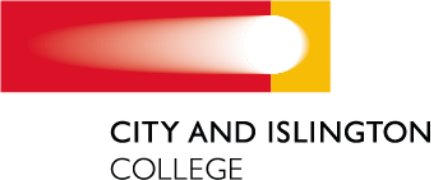
Economics - A Level (Edexcel)

ABOUT THE COURSE
A Level Economics will help you examine the production and consumption of goods and services, and how this can best be organised to suit the competing objectives of consumers, firms and governments.
In the first year, you will be introduced to the basic economic problem of scarcity, unlimited wants, and how the market allocates scarce resources. You will consider the government’s role in managing the economy and how it achieves the macroeconomic objectives of economic growth, reducing unemployment, and equality in the distribution of income.
In the second year, you learn about the economics of business behaviour. You will study how firms make price and output decisions and how the behaviour of one firm is affected by the actions of another. You will also study global economics and consider issues such as trade, globalisation, and development. As part of this, you will explore the role of banks and financial markets in the global economy.
Throughout the course, you will develop knowledge of the main economic trends over the past 25 years and be able to compare recent and historical economic events. The course will introduce you to different economic thinkers and how these thinkers have influenced economic policy and debate.
This course is available for international students, if you are applying as an international student please click here.
WHAT WILL I STUDY?
Topics covered can include:
- Markets and business behaviour
- The national and global economy
- Microeconomics and macroeconomics
Themes covered can include:
- Introduction to Markets and Market Failure
- The UK Economy - Performance and Policies
- Business Behaviour and the Labour Market
- A Global Perspective
WHAT WILL I NEED?
You will need:
- Grade 6 or above in GCSE Maths
- Grade 5 or above, and at least one grade 6 or above, in GCSE English Language plus one other written subject, such as History, Geography, Humanities, English Literature, Business, Media Studies, Religious Studies, Drama and Film Studies
- Two further GCSEs at grade 4 or above
If you wish to study 4 A Levels, you will need 7 GCSEs at grade 7 or above, including two at grade 8.
All applicants must have an interview to confirm that A Levels are suitable for them.
When applying for an A Level programme at City and Islington, please refer to the general entry requirements on our A Level Courses page as well as the subject-specific details listed above.
HOW WILL I BE ASSESSED?
Assessment is through three written-based exams at the end of the second year of the course.
WHAT WILL IT COST?
Aged 16-18
If you will be aged 16, 17 or 18 on 31st August prior to the start date of your course and you have the legal right to remain in the UK for the duration of your programme then your study with us will be free. Please see here for the documents you will need to show us.
Some courses will have other associated costs, such as for specialist materials and trips. Many of our students are eligible for financial support, see here for details.
WHAT CAN I DO AFTER?
A Levels are widely regarded as the standard entry qualification for top universities in the UK, and the rest of the world. Many of our Economics students go on to study for a degree in Finance, Economics, Business and Social Sciences at the university of their choice, with some choosing to progress into degree and non-degree apprenticeships or other employment.
Future career path options having studied Economics can be in the Banking, Finance, Business, Social Sciences sectors with jobs involving Investment banking, public policy making and the civil service.
WHERE STUDENTS PROGRESS TO AFTER THIS COURSE
MEET SOME OF THE TEACHERS
Click here to see some of the teachers that teach A Levels at the college

